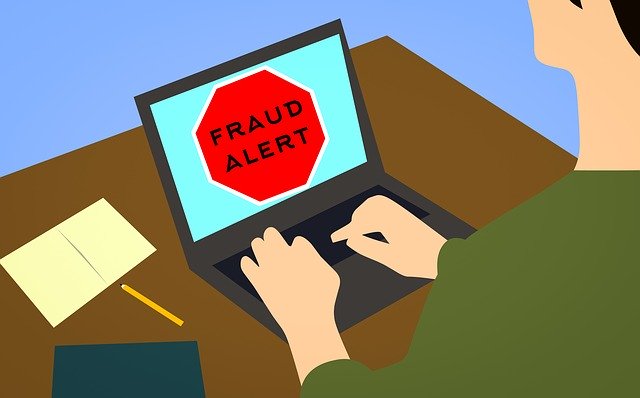Automatic PAYE Refunds: Important Changes
HMRC has stopped posting out automatic cheques for individuals due tax refunds. Now, in order to receive your PAYE repayment,…Read More
While pension scams are not a new topic, and The Financial Conduct Authority (FCA) and The Pensions Regulator (TPR) have joined forces to try and tackle this problem for a number of years, fraudsters have been exploiting the current adverse situation caused by Coronavirus to escalate their activities.
A report from April this year revealed more than 500 Coronavirus-related scams by criminals seeking to exploit fears over the pandemic, many of which relate to pensions and investment, especially among vulnerable and elderly people who are self-isolating.
Amid the current situation, it is more important than ever before to raise your vigilance and take necessary actions to protect yourself against pension scammers.
Fraudsters nowadays use a wide range of techniques to approach and attract their victims. If you are contacted out of the blue, whether by email, social media or telephone (also note that pension cold-calling has been banned), always make sure to stay alert for the following signs:

As fraudsters are getting more and more articulate and savvy, scams have become more sophisticated, and in some cases not easy to spot. It is therefore important that you develop a vigilant mindset:

If you think you have fallen victim to a fraudster, you can report it to the following organisations:
It is also good practice to consult your IFA if you are considering making an investment. At DTE, our advisers in the Financial Planning team are here to support if you have any questions. You can get in touch with your usual contact at DTE, or email us at and we will get back to you as soon as possible.
ScamSmart: a campaign set up by the FCA to provide information on how to avoid investment and pension scams. You can also check investment or pension opportunities that you have been offered and avoid scams: https://www.fca.org.uk/scamsmart
HMRC has stopped posting out automatic cheques for individuals due tax refunds. Now, in order to receive your PAYE repayment,…Read More
We are delighted to announce that the DTE Corporate Finance team has advised the shareholders of RJ Urmson Group on…Read More
In our last article we outlined the most common benefits of buying a business. Although, taking the acquisition route can…Read More